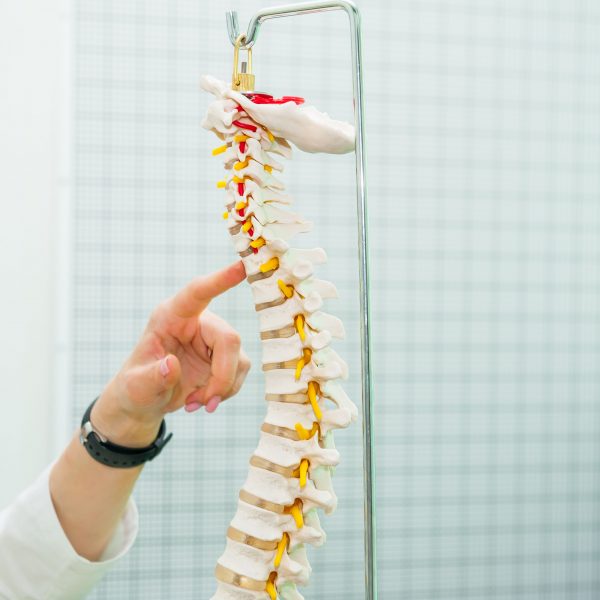Many athletes are into a plant-based diet now. Why is that? Don’t they need animal-based protein to keep them energized for their games? Athletes such as Novak Djokovic and Lewis Hamilton—both champions of their respective sports—stay away from eating any kind of meat. They’ve been doing it for years now, and they have never felt better. When you are first approached with the idea of being on a plant-based diet, you might balk at the thought. Why would you do that?
You do that because you don’t want to call a physical therapist in Chandler, Arizona or another city because you have suffered from a muscle injury. You do that so that you can avoid being rushed to the emergency room because of a heart attack. You do that because it’s right for your body. It’s the best gift that you can give yourself and your family—to take better care of your health.
Following a plant-based diet doesn’t mean that you’ll never taste meat again. In the beginning, you can do this once to thrice a week. Before you know it, your body is used to the plant-based diet program that it’s not craving for meat anymore. You can still consume meat when you want to, but you should be able to control consuming it daily.
Longer Life
Research says that people who follow a plant-based diet are less likely to suffer from a heart attack. This is in comparison to their contemporaries who consume meat regularly. Whole good and plant-based diets mean that they are not heavily processed. While they can be refined, there should be less unnatural ingredients in them. Plant-based types of food are those that come from plants such as fruits and vegetables. Food that contains animal products such as milk, honey, eggs, and meat must be avoided at all costs.
There is some concern that plant-based diets are not going to sustain the body. This is a misconception. These diets offer the same necessary fat, protein, carbohydrates, minerals, and vitamins. The presence of these micronutrients in your body can lessen the risk of heart disease, cancer, depression, diabetes, and metabolic syndrome.
For older adults, they add years to their lives when they transition to a plant-based diet. This means being able to spend more time with their families and watch their grandchildren grow. Eating healthy food is not a one-time solution, but it’s a step in the right direction.
Less Environmental Footprint

Following a plant-based diet will help reduce the effects of consumerism on the environment. It will lower greenhouse gas emissions and help communities stay within environmental limits. Slaughtering animals hurt the environment. Emission levels of the production of protein for beef and lamb per gram are 250 times more than that of legumes.
The way fish are caught can also affect emission levels. Trawling has three times the emissions than traditional fishing methods. The same goes for rice, which has five times the emissions per gram of protein compared to wheat.
It is challenging to start on a plant-based diet. It isn’t easy to forget something that you’ve been used to doing all your life. Stopping the consumption of meat is difficult. You should focus on the benefits of a plant-based diet to begin your journey in this program.






